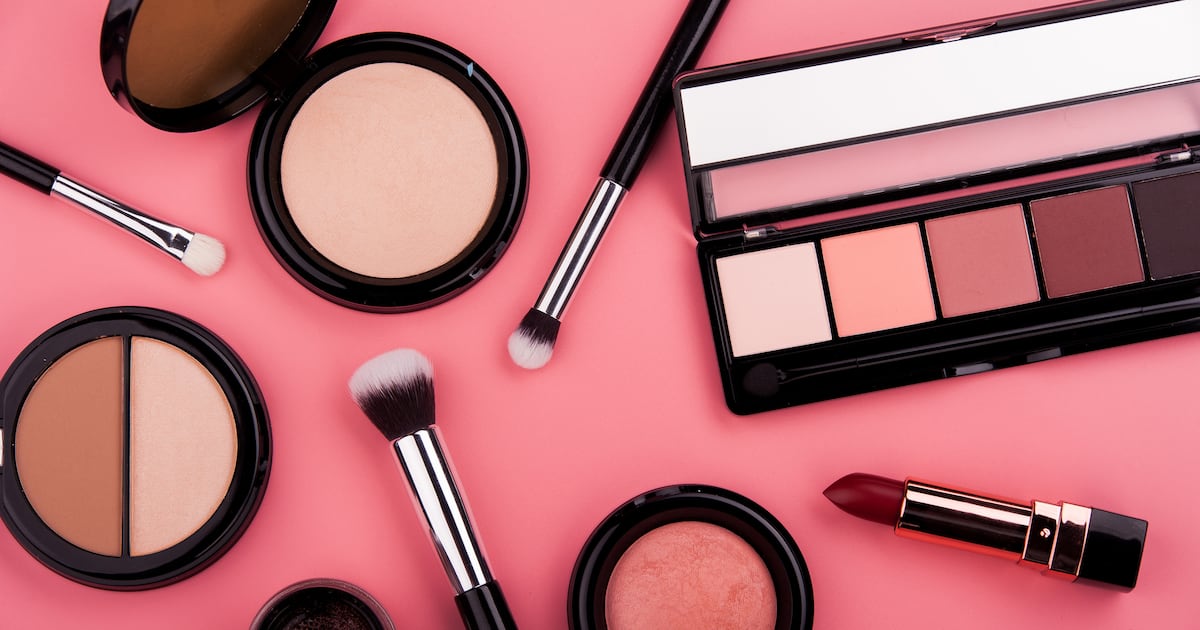#5: The science behind sulfate-free: New study identifies safer, greener alternatives
A recent study highlights amino acid-based surfactants, like glutamates and alaninates, as safer and more sustainable alternatives to traditional sulfates in personal care products. Unlike sulfates, which can strip natural oils and may contain contaminants like 1,4-dioxane, these alternatives are milder, biodegradable, and derived from renewable sources.
Research shows that adding sodium cocoyl glutamate to formulations reduces skin absorption of harsh sulfates while maintaining performance. With growing consumer demand for sulfate-free products, these alternatives offer a promising solution for safer, eco-friendly cosmetics.
#4: Dr. Bronner’s drops B Corp certification after calling for reform
Dr. Bronner’s has decided to discontinue its B Corp Certification due to concerns about diluted standards and insufficient supply chain accountability. The company stated that B Lab, the nonprofit behind B Corp Certification, has failed to implement new standards to prevent misuse of the certification for marketing purposes.
In the company’s press release, David and Michael Bronner, CEO and President of Dr. Bronner’s, emphasized that for them and many Certified B Corps, ‘Business for good’ is more than a trendy and profitable marketing strategy. Despite engaging with B Lab through forums and direct communication, Dr. Bronner’s felt their concerns were unaddressed, leading to their departure.
In a conversation with CosmeticsDesign, Ryan Fletcher, Vice President of Public Relations at Dr. Bronner’s, expressed hope that their exit will prompt necessary and overdue action, encouraging allies who remain B Corp Certified to push for improvements from within.
#3: SkinGPT tackles skin care’s biggest challenge: Proving product claims with AI
Haut.AI has introduced SkinGPT, an AI-driven tool designed to simulate skin care outcomes with scientific precision, addressing the industry’s challenge of substantiating product claims.
CEO Anastasia Georgievskaya highlighted its significance in an interview with CosmeticsDesign: “One of the most exciting things about ‘Generative Skin’ is how it levels the playing field for smaller brands that might not have the resources for extensive clinical trials.”
Trained on over three million high-resolution images, SkinGPT provides data-driven simulations, enabling consumers to virtually “try before they buy.”
As Georgievskaya explained, this technology not only enhances personalization but also offers brands a cost-effective method to validate product efficacy. By leveraging AI, SkinGPT aims to build consumer trust and drive informed purchasing decisions in the skin care market.
#2: Future-focused beauty: Wellness and inclusivity drive 2025 trends
In 2025, the beauty industry is embracing holistic wellness, inclusivity, and playful experimentation to meet evolving consumer preferences.
We spoke to Yarden Horwitz, co-founder of Spate, for her insights into the rise of holistic wellness trends, which “highlight a growing consumer preference for integrated self-care approaches,” presenting opportunities for brands to merge beauty and wellness.
According to Horwitz, products like Relax Gummies and Bright Light Therapy exemplify this shift toward comprehensive well-being. Consumers are also gravitating toward functional yet indulgent items, such as Peach Body Wash and scent-layering routines, blending efficacy with luxury.
Additionally, she illustrated that TikTok-inspired trends like Beetlejuice nails and bold graphic eyeshadow encourage brands to innovate playfully while maintaining their core identities.
#1: Class action lawsuit filed against Mielle Organics and P&G over hair loss allegations
Mielle Organics and its parent company, Procter & Gamble (P&G), are facing a class action lawsuit alleging that their Rosemary Mint Scalp & Strengthening Hair Oil causes hair loss, a risk purportedly undisclosed to consumers. The plaintiff, Georgina Gomes, filed the complaint in the US District Court for the Northern District of Illinois, accusing the companies of misrepresenting the product’s safety and failing to conduct adequate testing.
The lawsuit asserted that consumers would have reconsidered their purchases had they been informed of the potential risks.
CosmeticsDesign spoke to Kelly Bonner, associate attorney at Duane Morris, LLP, who commented on the broader context, stating, “I think this case is part of a much broader trend we’ve seen over the past 2-3 years, in which plaintiffs have brought consumer fraud allegations on a class action basis against personal care product companies for alleged misrepresentations that the products are safe, clean, or non-toxic, or failing to disclose that the product contains certain contaminants or is linked to human health issues.”
The plaintiff seeks compensatory damages, restitution, and injunctive relief, claiming the product is effectively “worthless” due to its alleged risks.

